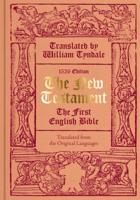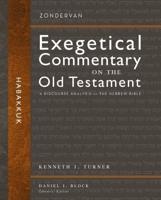Publisher's Synopsis
For almost 300 years, the dominant trend in New Testament interpretation has been to read the Acts of the Apostles as a document that argues for the political possibility of harmonious co-existence between 'Rome' and the early Christian movement. Kavin Rowe argues that the time is long overdue for a sophisticated, critically constructive reappraisal. For Luke (the author of Acts), he says, politics is the embodied and concrete shape of God's apocalypse, or revelation, to the world. To understand Luke's political vision, therefore, we must examine how the narration of God's identity shapes ecclesiology: theological truth claims and the core practices of Christian communities are bound together in the very nature of things. Recognizing this interconnection requires a radical reassessment and rereading of Acts. No longer can Acts be seen as a simple apologia that articulates Christianity's harmlessness vis-à-vis Rome. Rather, in its attempt to form communities that witness to God's apocalypse, Luke's second volume is a highly charged and theologically sophisticated political document. Indeed, argues Rowe, Luke aims at nothing less than the construction of a new culture - a total pattern of life - that inherently runs counter to the constitutive aspects of Graeco-Roman society.










